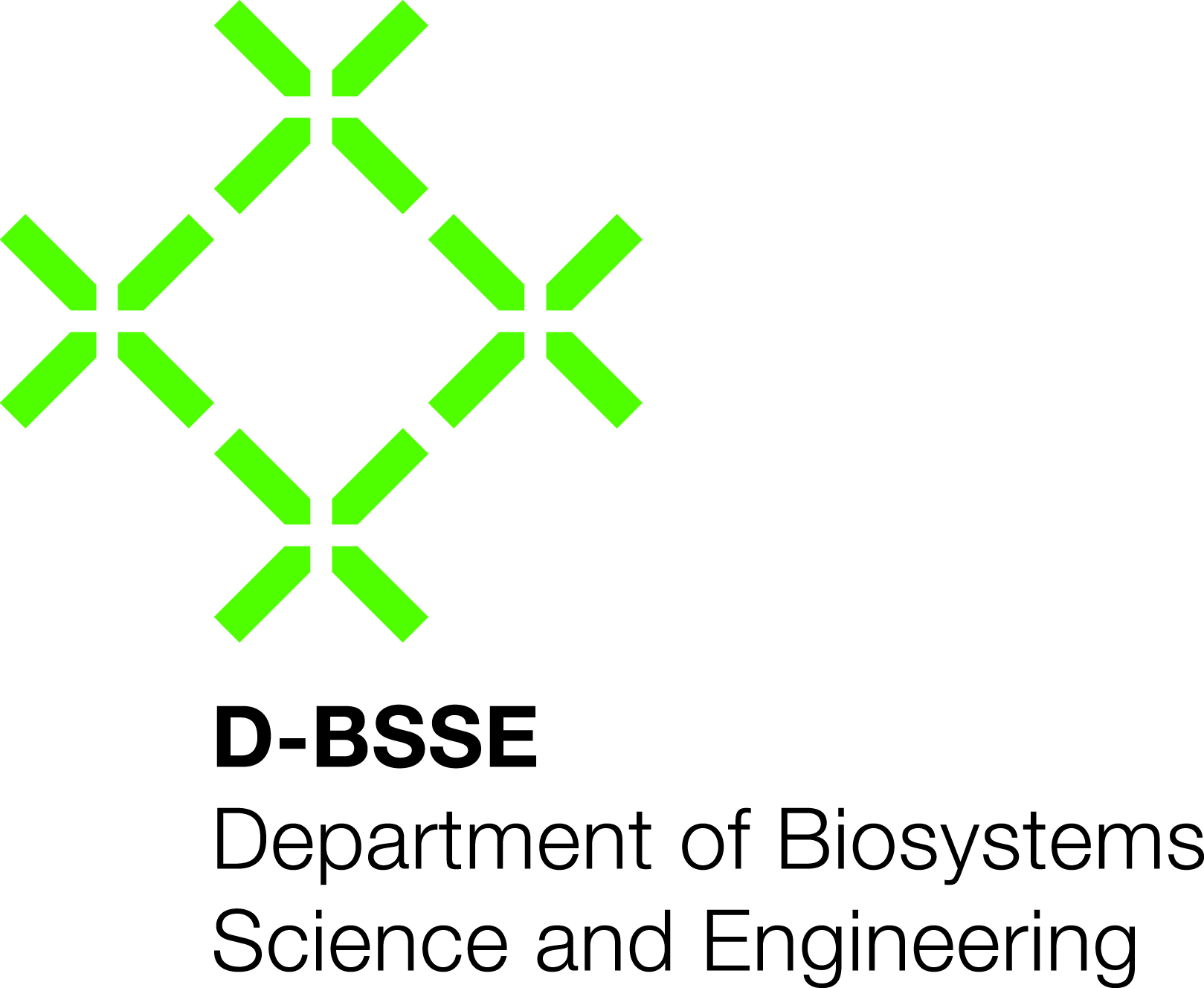Team:ETH Zurich/Experiments
From 2013.igem.org
| Line 4: | Line 4: | ||
<h1>Cloned constructs</h1> | <h1>Cloned constructs</h1> | ||
| - | <p>For the final Colisweeper circuit we plan a four plasmid system. The mine cells constitutively express LuxI and NagZ. In the Non-Mine cells LuxR and PhoA are expressed constitutively whereas Aes and GusA are expressed from pLux promoters with different sensitivities. To get to this system we tested different versions of the circuit with GFP. In the following table we list all the biobricks we used, the plasmids we cloned and what experiments we used them for. In general we used standard biobrick cloning techniques which you can find in the Methods section. Whenever we used PCR gene amplification for cloning, we list the primers used in the following table.</p> | + | <p>For the final Colisweeper circuit we plan a four plasmid system. The mine cells constitutively express LuxI and NagZ. In the Non-Mine cells LuxR and PhoA are expressed constitutively whereas Aes and GusA are expressed from pLux promoters with different sensitivities. To get to this system we tested different versions of the circuit with GFP. In the following table we list all the biobricks we used, the plasmids we cloned and what experiments we used them for. In general we used standard biobrick cloning techniques which you can find in the Methods section. Whenever we used PCR gene amplification for cloning, we list the primers used in the following table. To be able to co-transform different plasmids we used backbones with compatible origins of replication and resistance genes. In the table you can find which versions we used for which constructs.</p> |
| - | [[File:Plasmidmap.png|1050px|left|thumb|<b>Figure 1. | + | [[File:Plasmidmap.png|1050px|left|thumb|<b>Figure 1. Plasmids in mine and non-mine cells </b>]] |
<br clear="all"/> | <br clear="all"/> | ||
<table style="float:left;margin-top:10px;width:auto;height:auto;font-size:12px"> | <table style="float:left;margin-top:10px;width:auto;height:auto;font-size:12px"> | ||
| + | <th colspan="4" height="30px">GFP constructs</th> | ||
<tr> | <tr> | ||
| - | <th width="450px" height="30px"> | + | <th width="20px" height="30px"> </th> |
| + | <th width="450px" height="30px">Description</th> | ||
| + | <th width="450px" height="30px">Cloning</th> | ||
| + | <th width="450px" height="30px">Maps</th> | ||
</tr> | </tr> | ||
| + | |||
<tr> | <tr> | ||
| - | <td> | + | <td>1</td> |
| + | <td>Receiver cell construct for GFP diffusion experiments</td> | ||
| + | <td>BBa_J09855 backbone (SpeI, PstI) and BBa_E0840 insert (XbaI, PstI)</td> | ||
| + | <td>...</td> | ||
</tr> | </tr> | ||
| + | |||
<tr> | <tr> | ||
| - | <td> | + | <td>2</td> |
| + | <td>Library of the Receiver cell constructs</td> | ||
| + | <td>Using the BBa_J09855-E0840 construct a library with mutated pLux promoters was created through site-saturation mutagenesis to screen for promoters with changed sensitivities for OHHL:</td> | ||
| + | <td>...</td> | ||
</tr> | </tr> | ||
| + | |||
<tr> | <tr> | ||
| - | <td> | + | <td>3</td> |
| + | <td>Receiver cell construct for GFP experiments without the LuxR generating part</td> | ||
| + | <td>BBa_R0062 backbone (SpeI, PstI) and BBa_E0840 insert (XbaI, PstI)</td> | ||
| + | <td>...</td> | ||
</tr> | </tr> | ||
| + | |||
<tr> | <tr> | ||
| - | <td> | + | <td>4</td> |
| + | <td> </td> | ||
| + | <td> </td> | ||
| + | <td>...</td> | ||
</tr> | </tr> | ||
| + | |||
</table> | </table> | ||
<br clear="all"/> | <br clear="all"/> | ||
| + | |||
| + | |||
<table style="float:left;margin-top:10px;width:auto;height:auto;font-size:12px"> | <table style="float:left;margin-top:10px;width:auto;height:auto;font-size:12px"> | ||
| - | <th colspan=" | + | <th colspan="4" height="30px">LuxI generating constructs</th> |
<tr> | <tr> | ||
| - | <th width=" | + | <th width="20px" height="30px"> </th> |
| - | <th width="450px" height="30px"> | + | <th width="450px" height="30px">Description</th> |
| + | <th width="450px" height="30px">Cloning</th> | ||
| + | <th width="450px" height="30px">Maps</th> | ||
</tr> | </tr> | ||
| + | |||
<tr> | <tr> | ||
| - | <td> | + | <td>4</td> |
| - | <td> | + | <td>Sender cell construct with strongest constitutive promoter for GFP and Hydrolase experiments</td> |
| + | <td>BBa_J23100 backbone (SpeI, PstI) and BBa_K805016 insert (XbaI, PstI)</td> | ||
| + | <td>...</td> | ||
</tr> | </tr> | ||
| + | |||
<tr> | <tr> | ||
| - | <td> | + | <td>5</td> |
| - | <td> | + | <td>Sender cell construct with second strongest constitutive promoter for GFP and Hydrolase experiments</td> |
| + | <td>BBa_J23118 backbone (SpeI, PstI) and BBa_K805016 insert (XbaI, PstI)</td> | ||
| + | <td>...</td> | ||
</tr> | </tr> | ||
| + | |||
<tr> | <tr> | ||
| - | <td> | + | <td>6</td> |
| - | <td> | + | <td>Sender cell construct with second weakest constitutive promoter for GFP and Hydrolase experiments</td> |
| + | <td>BBa_J23110 backbone (SpeI, PstI) and BBa_K805016 insert (XbaI, PstI)</td> | ||
| + | <td>...</td> | ||
</tr> | </tr> | ||
| + | |||
<tr> | <tr> | ||
| - | <td></td> | + | <td>7</td> |
| - | <td> | + | <td>Sender cell construct with weakest constitutive promoter for GFP and Hydrolase experiments</td> |
| - | + | <td>BBa_J23114 backbone (SpeI, PstI) and BBa_K805016 insert (XbaI, PstI)</td> | |
| - | + | <td>...</td> | |
| - | <td></td> | + | |
| - | <td> | + | |
</tr> | </tr> | ||
| + | |||
</table> | </table> | ||
<br clear="all"/> | <br clear="all"/> | ||
| - | |||
| - | |||
<br clear="all"/> | <br clear="all"/> | ||
{{:Team:ETH_Zurich/templates/footer}} | {{:Team:ETH_Zurich/templates/footer}} | ||
Revision as of 19:05, 19 September 2013
Cloned constructs
For the final Colisweeper circuit we plan a four plasmid system. The mine cells constitutively express LuxI and NagZ. In the Non-Mine cells LuxR and PhoA are expressed constitutively whereas Aes and GusA are expressed from pLux promoters with different sensitivities. To get to this system we tested different versions of the circuit with GFP. In the following table we list all the biobricks we used, the plasmids we cloned and what experiments we used them for. In general we used standard biobrick cloning techniques which you can find in the Methods section. Whenever we used PCR gene amplification for cloning, we list the primers used in the following table. To be able to co-transform different plasmids we used backbones with compatible origins of replication and resistance genes. In the table you can find which versions we used for which constructs.
| GFP constructs | |||
|---|---|---|---|
| Description | Cloning | Maps | |
| 1 | Receiver cell construct for GFP diffusion experiments | BBa_J09855 backbone (SpeI, PstI) and BBa_E0840 insert (XbaI, PstI) | ... |
| 2 | Library of the Receiver cell constructs | Using the BBa_J09855-E0840 construct a library with mutated pLux promoters was created through site-saturation mutagenesis to screen for promoters with changed sensitivities for OHHL: | ... |
| 3 | Receiver cell construct for GFP experiments without the LuxR generating part | BBa_R0062 backbone (SpeI, PstI) and BBa_E0840 insert (XbaI, PstI) | ... |
| 4 | ... |
| LuxI generating constructs | |||
|---|---|---|---|
| Description | Cloning | Maps | |
| 4 | Sender cell construct with strongest constitutive promoter for GFP and Hydrolase experiments | BBa_J23100 backbone (SpeI, PstI) and BBa_K805016 insert (XbaI, PstI) | ... |
| 5 | Sender cell construct with second strongest constitutive promoter for GFP and Hydrolase experiments | BBa_J23118 backbone (SpeI, PstI) and BBa_K805016 insert (XbaI, PstI) | ... |
| 6 | Sender cell construct with second weakest constitutive promoter for GFP and Hydrolase experiments | BBa_J23110 backbone (SpeI, PstI) and BBa_K805016 insert (XbaI, PstI) | ... |
| 7 | Sender cell construct with weakest constitutive promoter for GFP and Hydrolase experiments | BBa_J23114 backbone (SpeI, PstI) and BBa_K805016 insert (XbaI, PstI) | ... |
 "
"






